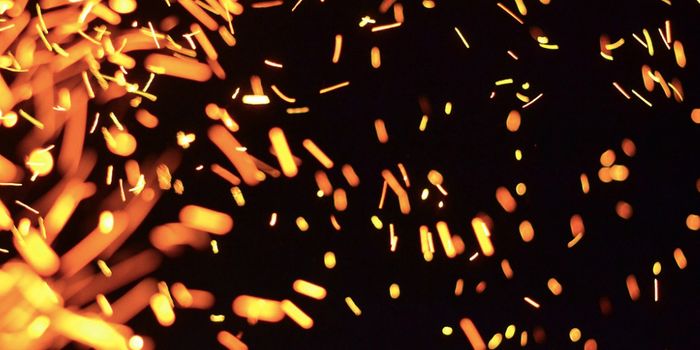Rewired natural killer cells show promising results in leukemia patients
Natural killer (NK) cells are a subset of white blood cells that are key players in the innate immune system, orchestrating host-rejection responses against both cancer cells and virally infected cells. Cancer researchers and drug developers are supercharging NK cells to attack malignant tissues by engineering them to express chimeric antigen receptors (CAR) in a process similar to FDA-approved T cell therapies Yescarta and Kymriah.
In a recent study published in The New England Journal of Medicine, clinical trial data shows promising results in patients with non-Hodgkin’s lymphoma or chronic lymphocytic leukemia that were treated with anti-CD19 CAR NK cells.
Significantly, the treatment was found to be effective while not triggering the flare-up of a common side effect of this type of adoptive immune cell therapy: cytokine release syndrome.
This systemic inflammatory response, also known as an infusion reaction, is an unwanted complication that occurs when large numbers of activated immune cells are injected into a patient. Symptoms include seizures, fever, nausea, and in serious cases, cytokine release syndrome may even cause fatalities.
In the early data reported from this phase I/II trial, 73 percent of patients showed a positive response to the CAR NK therapy, with the majority of responding patients showing signs of complete remission. These responses occurred within a month after the cell therapy was administered, with CAR NK cells showing signs of persistence in the infused patients up to a year post-treatment.
Corresponding author, Katy Rezvani, MD, Ph.D., professor of stem cell transplantation and cellular therapy at The University of Texas MD Anderson Cancer Center said, “We are encouraged by the results of the clinical trial, which will launch further clinical studies to investigate allogeneic cord blood-derived CAR NK cells as a potential treatment option for patients in need.”
Sources: Cancer Network, The New England Journal of Medicine.









